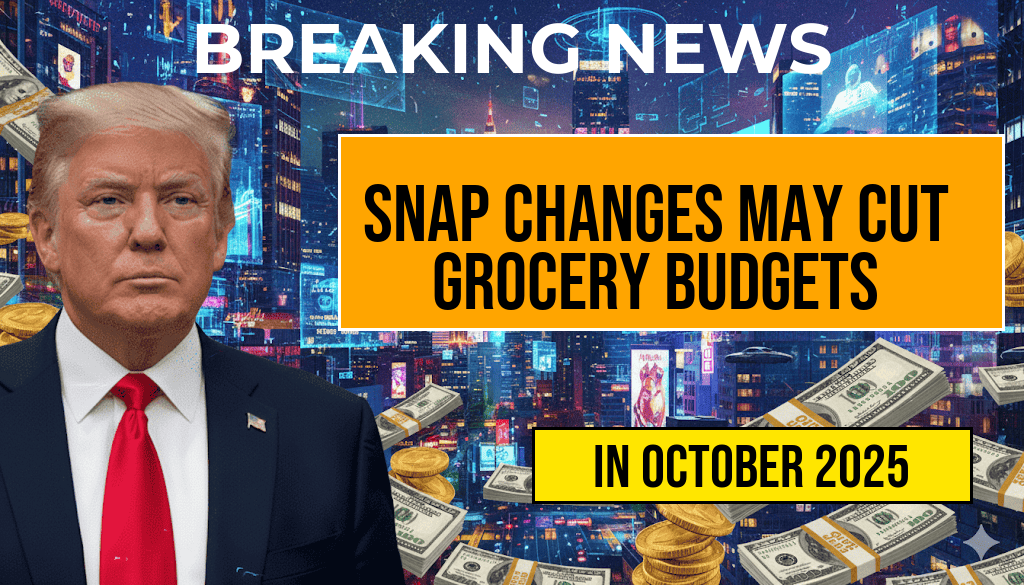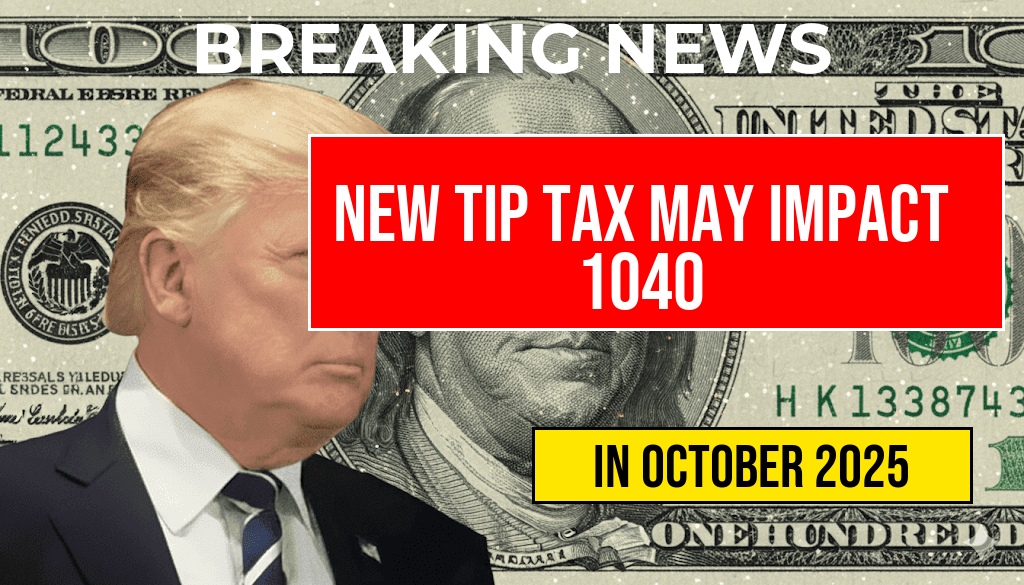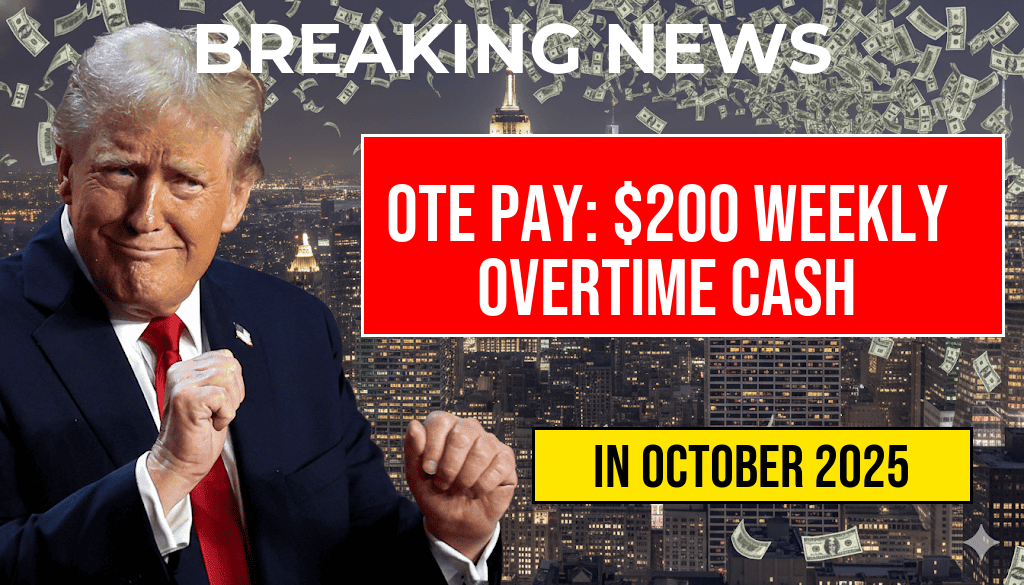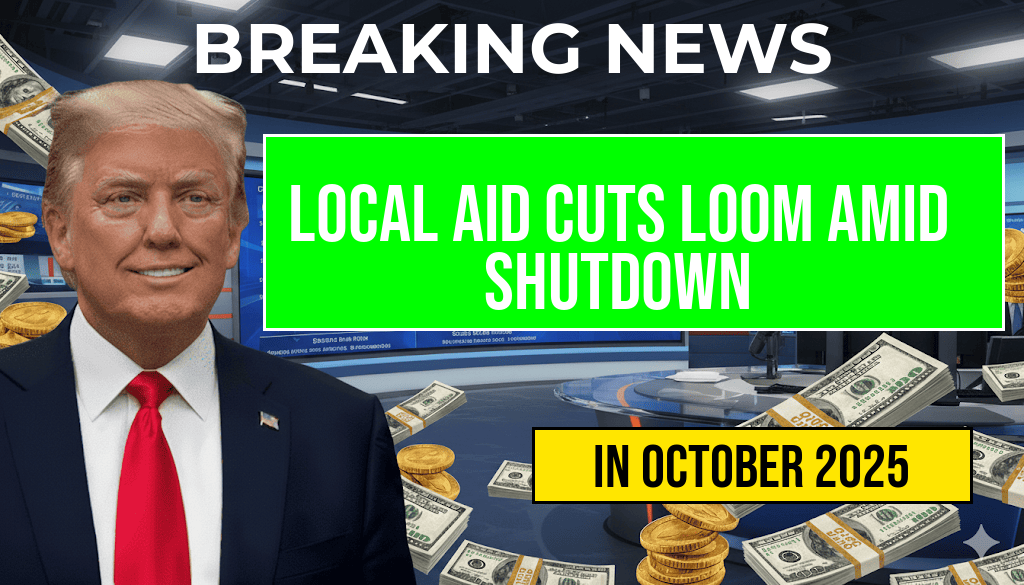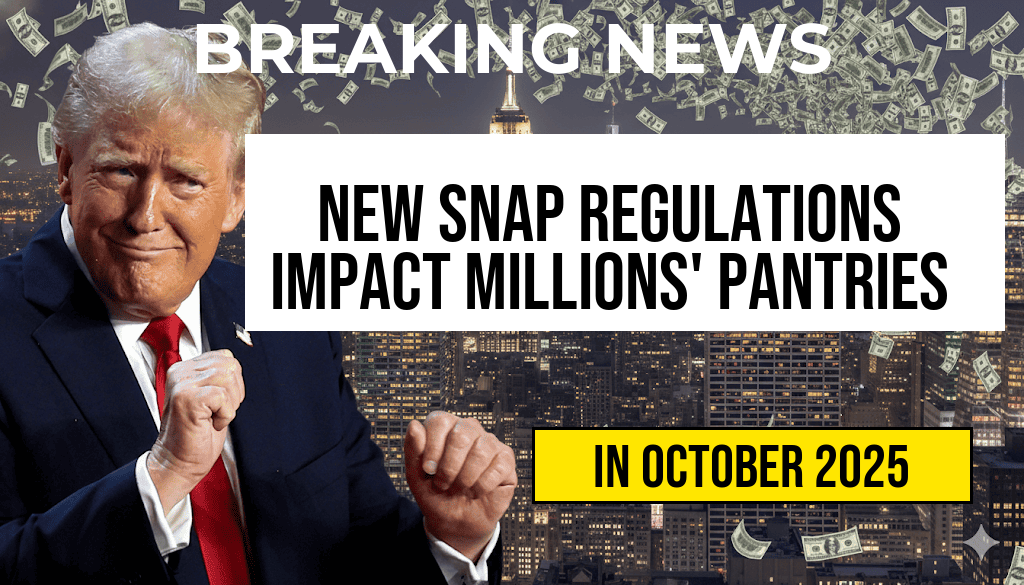In a significant development for the student loan landscape, federal authorities are reportedly exploring the possibility of selling a staggering $1.6 trillion portfolio of student loans. This potential move could reshape the financial obligations of millions of borrowers across the United States. Discussions are still in the early stages, but the implications of such a sale are profound, particularly as the nation grapples with a student loan crisis that affects nearly 45 million Americans. The Biden administration has been under pressure to find solutions to the rising debt levels, and this approach could be one of several strategies considered to address the ongoing financial burden faced by borrowers.
The Context of the Student Loan Crisis
Student loan debt in the United States has reached unprecedented levels, with borrowers collectively owing more than $1.7 trillion. This burden has led to calls for comprehensive reform, including debt cancellation, income-driven repayment plans, and more accessible refinancing options. The prospect of federal authorities selling a portion of this debt portfolio adds a new dimension to the conversation around student loan reform.
What Selling the Portfolio Could Mean
- Debt Reduction: Selling the portfolio could lead to immediate debt reduction for some borrowers, particularly those with federal loans.
- Market Impact: The sale could influence the private loan market and alter the dynamics of student financing.
- Investor Interest: There is likely to be significant interest from private investors looking to acquire these loans, which may come with varying risk profiles.
Potential Benefits and Drawbacks
The idea of selling federal student loans carries both potential benefits and drawbacks. On one hand, it could alleviate some of the pressure on the federal government and provide immediate liquidity. On the other hand, the long-term implications could be troublesome for borrowers.
Benefits
- Immediate Cash Flow: Selling the loans could generate cash that the federal government could reinvest in educational programs or other initiatives.
- Increased Competition: Introducing private entities into the management of these loans might foster competition, potentially leading to better terms for borrowers.
Drawbacks
- Loss of Federal Protections: Borrowers could lose access to vital protections, such as income-driven repayment plans and loan forgiveness programs.
- Higher Interest Rates: Private servicers may impose higher interest rates and fees compared to federal loans, which could exacerbate the existing financial burdens.
Government Response and Future Outlook
The Biden administration has been actively seeking solutions to manage the student loan crisis effectively. The consideration of selling the $1.6 trillion portfolio has emerged amid ongoing discussions about the future of federal student loans. The White House has not made any official statements confirming this strategy, but the idea is being examined as part of a broader effort to reform student financing.
Experts suggest that any movement toward selling student loans should come with stringent regulations to protect borrowers. Additionally, there are concerns regarding how this approach would affect borrowers’ credit scores and future financial opportunities. Lawmakers are urged to consider the long-term effects on students and graduates as they navigate these complex financial waters.
Public Reaction and Advocacy
Responses from the public and advocacy groups have varied significantly. Some see the sale as a necessary step in addressing the overwhelming debt crisis, while others argue it could worsen the situation for borrowers in the long run. Advocacy organizations are calling for transparency and accountability in any transaction involving federal student loans, emphasizing the need to prioritize borrowers’ interests.
| Consideration | Potential Impact |
|---|---|
| Debt Reduction | Immediate relief for borrowers |
| Market Dynamics | Influence on private loan terms |
| Borrower Protections | Possible loss of federal benefits |
| Investor Interest | Increased market activity |
As discussions continue, stakeholders across the board are watching closely. The outcome could set a precedent for how student loans are managed in the future and reshape the financial landscape for millions of borrowers. For more information on the student loan crisis, visit Wikipedia or read insights from Forbes.
Frequently Asked Questions
What is the potential impact of selling the $1.6 trillion student loan portfolio?
The sale of the $1.6 trillion student loan portfolio could significantly impact both the federal government and borrowers. It may lead to changes in interest rates, repayment terms, and could affect the overall student loan market.
Who is considering the sale of the student loan portfolio?
The federal authorities, including the Department of Education and other government agencies, are the ones considering the potential sale of this massive student loan portfolio.
What are the reasons behind the consideration to sell the portfolio?
Officials are considering the sale to potentially reduce the federal debt, streamline the student loan process, and shift the burden of loan servicing away from the government.
How might borrowers be affected by this decision?
If the portfolio is sold, borrowers could face changes in their loan servicers, which might alter their repayment plans and terms. There is also concern over how borrower protections may be affected.
What are the possible alternatives to selling the student loan portfolio?
Alternatives may include restructuring the loans, implementing new forgiveness programs, or enhancing existing repayment options to better support borrowers without selling the portfolio.


